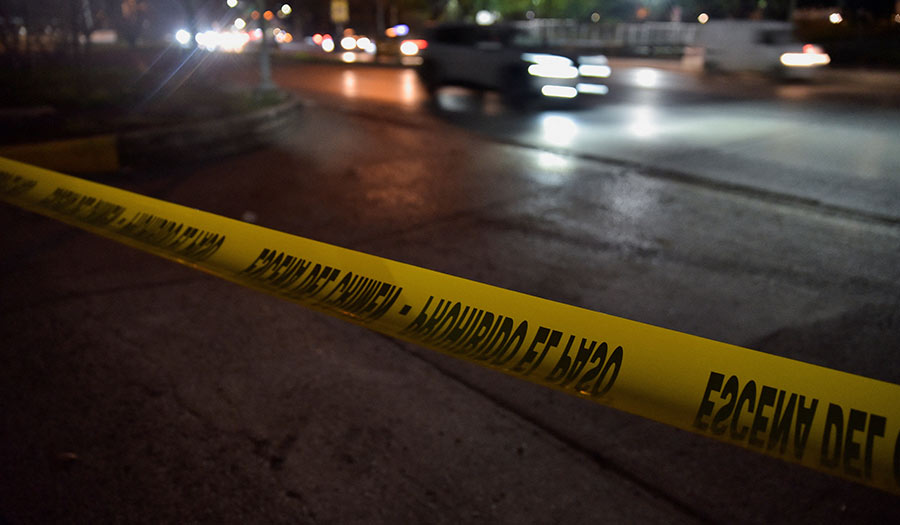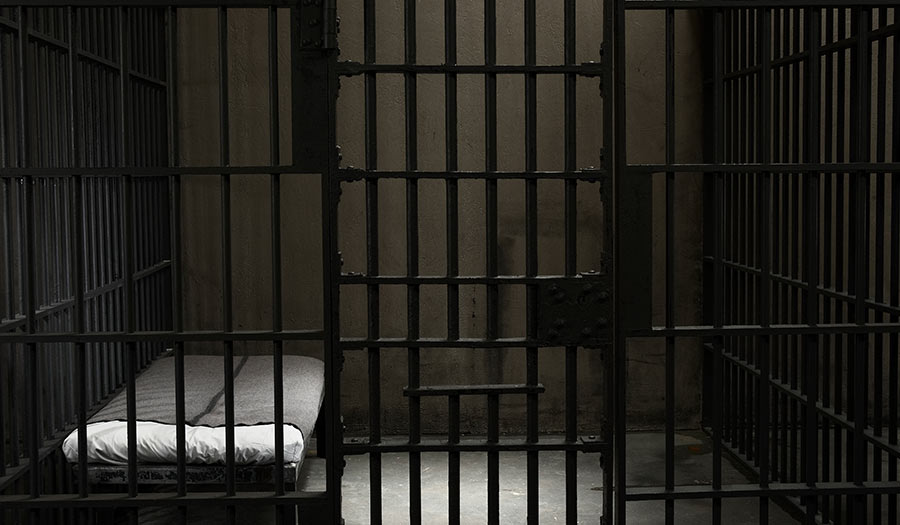 REUTERS/Vicente Gaibor del Pino
REUTERS/Vicente Gaibor del Pino
World News Desk
Learn the why behind the headlines.
Subscribe to the Real Truth for FREE news and analysis.
Subscribe NowReuters – Ecuador is reeling from a wave of violence that has shaken the South American nation, with President Daniel Noboa launching a military crackdown on gangs and a 60-day state of emergency.
Incidents this month have included the interruption of a live television broadcast by gunmen, the taking of more than 200 prison staff as hostages, explosions in several cities and the kidnapping of police officers, leading to widespread security force operations and nearly 2,000 arrests.
There was renewed bloodshed last Wednesday, when prosecutor Cesar Suarez, who focused on pursuing organized trans-national crime in Guayas province, was killed in an incident the police said was an assassination.
Ecuador’s police on Monday said they have captured the leader of Colombian armed group Oliver Sinisterra and that Ecuadorean authorities will return him to Colombia.
Why Has Ecuador’s Security Deteriorated?
Security in Ecuador has worsened since the coronavirus pandemic, which also battered the Andean nation’s economy.
The number of violent deaths rose to 8,008 in 2023, the government has said, nearly double the 2022 figure. The violence crossed into the political arena last year when an anti-corruption presidential candidate was assassinated.
The government blames the situation on the growing reach of cocaine trafficking gangs, which have destabilized swathes of South America.
Inside Ecuador’s prisons the gangs have taken advantage of the state’s weak control to expand their power. Prison violence has become increasingly common, resulting in hundreds of deaths in incidents authorities have blamed on gang battles to control jails.
Guayaquil, a coastal city that is Ecuador’s largest, is considered the country’s most dangerous, with its ports acting as a hub for drug smuggling.
Mr. Noboa, 36, took power in November on pledges to curb the violence and has been touting his “Phoenix Plan,” which includes the establishment of a new intelligence unit, tactical weapons for security forces, new high-security prisons and reinforced security at ports and airports.
It will cost some $800 million, he said, though $200 million in new weapons for Ecuador’s army will be provided by the United States.
What Caused This Month’s Flare-Up of Violence?
Police said on January 7 that Adolfo Macias, the leader of the Los Choneros criminal gang, disappeared from the prison where he was serving a 34-year sentence. Authorities are still trying to track him down.
Macias’ disappearance was followed by violent incidents and the escape of other inmates from prisons around the country, with more than 200 guards eventually taken hostage, some for nearly a week.
Two police officers were killed in Guayas province, where Guayaquil is located, while others were taken hostage by criminals before being freed.
The violence was most dramatically displayed when an armed group burst into a television studio during a live broadcast on January 9 and briefly held journalists at gunpoint. More than a dozen people were arrested.
Mr. Noboa, who has vowed not to negotiate with “terrorists,” has said the violence is a reaction to his government’s plans to build new high-security prisons for gang leaders.
What Is the Government Doing to Tacke the Problem?
Mr. Noboa declared a 60-day state of emergency—a tool used by his predecessor Guillermo Lasso to little success—enabling military patrols, including in prisons, and setting a national nighttime curfew.
In an updated decree, Mr. Noboa said he recognized an “internal armed conflict” in Ecuador and identified several criminal gangs as terrorist groups, including Los Choneros. The decree ordered the armed forces to neutralize the groups.
Mr. Noboa’s coalition, a broad alliance of center-left, center-right and centrist groups, has a majority in the National Assembly, but some Ecuadoreans are questioning why the president is not taking harsher measures against gangs.
The president has received legislative backing for his security measures so far, but parties in the coalition have said they will not support a value-added tax hike meant to fund weapons and equipment for security forces and improvements to the prison system, as well as the payments owed to regional governments.
Mr. Noboa plans to hold a security-focused plebiscite later this year, which would include asking the public if the government should undo a ban on the extradition of Ecuadoreans wanted abroad.
- Real Truth Magazine Articles
- CRIME & PUNISHMENT
 Criminal Minds – Would God Use Prisons to Rehabilitate?
Criminal Minds – Would God Use Prisons to Rehabilitate?
More on Related Topics:
- Shackled and Defiant, Maduro Pleads Not Guilty to U.S. Narcotics Charges
- As Fighting Escalates, Kidnappings of Aid Workers Surge in South Sudan
- UN Decries Crimes Including Gang Rape, Murder, Torture in Congo Conflict Over Last Year
- Spate of Hoax Calls About Active Shooters Stirs Fear at College Campuses Around the U.S.
- Sexual Violence in Conflicts Worldwide Increased by 25 Percent Last Year, UN Says


